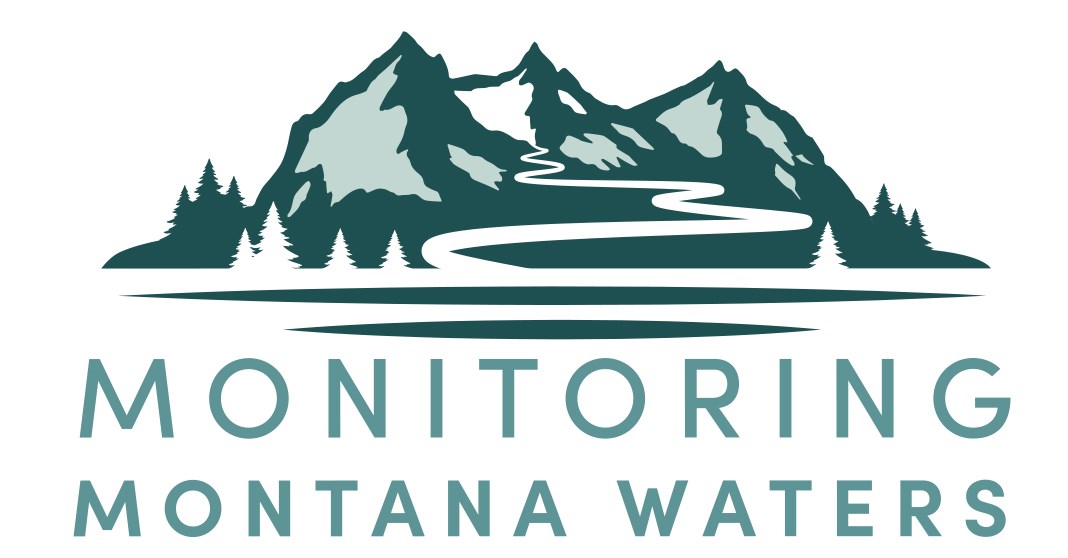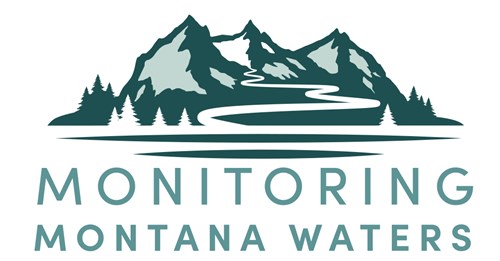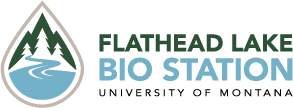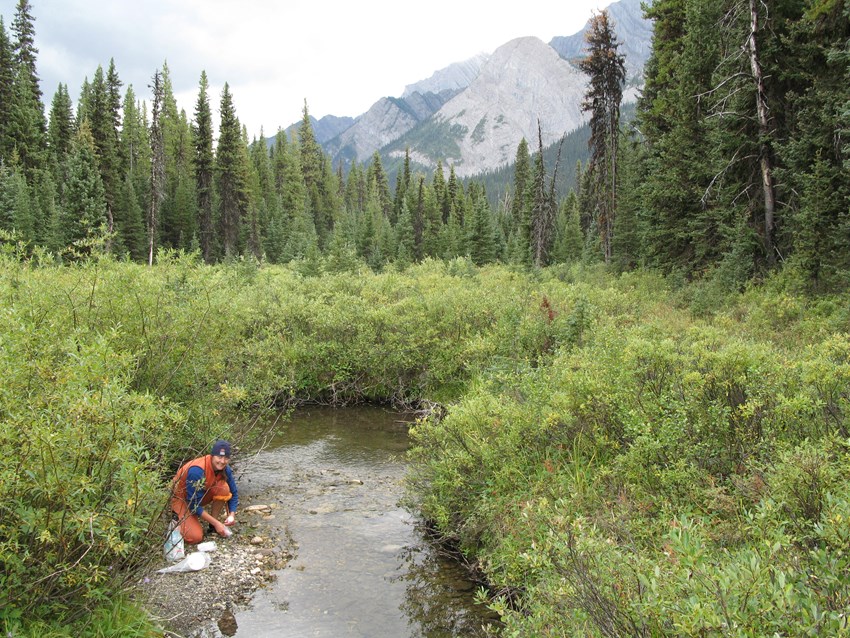UM Bio Station Announces New Program to Assist Watershed Groups with Water Quality Monitoring in Montana
The University of Montana’s Flathead Lake Biological Station (FLBS) is launching a new program called Monitoring Montana Waters (MMW). The program will provide scientific expertise, guidance and funding to citizen-led watershed groups in Montana to build capacity for freshwater monitoring and ensure the use of scientifically sound methodologies. The program is funded by PlusFish Philanthropy, a USA-based private organization dedicated to protecting healthy aquatic ecosystems and the benefits derived from them.
FLBS has been conducting science-based water quality monitoring for over 40 years, and during that time has provided assistance to numerous volunteer and watershed groups. The philanthropic funding recently received allows FLBS to formalize the program and increase the breadth and amount of assistance provided.
“Without water quality data we can’t detect environmental change, pollutants or inform management decisions,” said FLBS researcher and MMW developer Rachel Malison. “Because regulatory agencies have limited resources, trained members of watershed groups serve a crucial role by monitoring water quality across Montana. By engaging citizen-led groups, helping them design plans, obtain training and funding needed to analyze samples, we hope to support the collection of credible scientific data that will support managers in making important decisions to protect our Montana waters.”


MMW will provide assistance for monitoring efforts throughout the state through a variety of opportunities. Many opportunities, which come at no cost to participating groups, include help designing effective monitoring plans and developing written Sampling and Analysis Plans, one-on-one training sessions in sampling methods with Bio Station researchers, and help with data analysis and upload to state data bases. MMW also offers small grants that can be used to purchase monitoring gear and support the costs of sample analyses at the Bio Station’s Freshwater Research Lab. Participating groups are required to provide cost match for MMW grants.
Malison hopes that through MMW, researchers can also assist watershed groups in locating freshwater ecosystems that are in need of more study and determine areas of concern.
“Initially, we plan for MMW to focus mostly on rivers and streams, because that’s where the greatest data needs are,” said Malison. “But we will also support lake monitoring groups.”
MMW isn’t the first program of its kind in the state of Montana. Montana Department of Environmental Quality, the Montana State University Extension Water Quality Program and the Montana Watershed Coordination Council have been providing training and resources to citizen monitoring groups for over a decade. The MMW program will work closely with these partners to complement existing efforts and amplify important collaborative water monitoring efforts statewide.
“Clean water is our most important resource, both in Montana and at the global scale. The more we’re able to work together to monitor our waters and integrate our data, the better off we’re all going to be,” said Malison. “We’re really excited about where this program might take us, and can’t wait to work alongside the incredible monitoring training and outreach that’s already being done.”
Malison said that while MMW is still in the process of taking shape, the program is ready to start engaging watershed groups. Any groups interested in participating in the program are asked to complete the MMW online contact form or send an email to mmw@flbs.umt.edu. For more information about MMW, including information about funding opportunities, visit the MMW website at https://flbs.umt.edu/newflbs/outreach/mmw/


